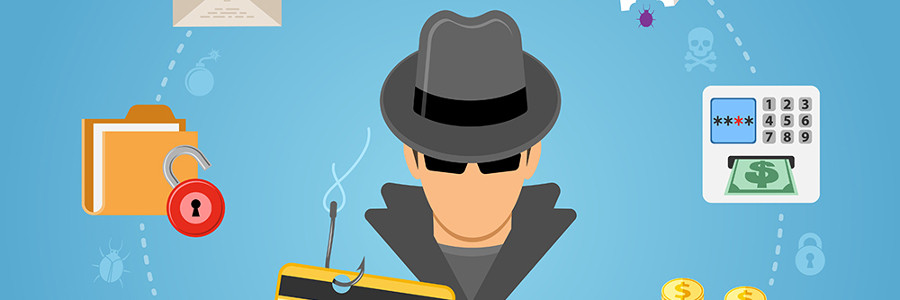Everyone uses email as the central hub for their personal internet activities, but this also makes it an attractive target for cyberattacks. The importance of email security is vital to your company’s survival, so applying these simple tips can dramatically reduce your exposure to hackers and malware.
Simple ways to protect your email account
Why you should care about HTTPS
Apple users beware: Voice phishing is here
Office 365 stops billions of phishing emails

Sending phishing emails is the most common method hackers use to distribute malware and steal information. In fact, there are billions of phishing emails sent every year, and millions of people keep falling for them. However, if you’re subscribed to Office 365 there’s a good chance that you won’t see harmful messages in your inbox, and here’s why.
4 Social engineering scams to watch out for

Experts are constantly creating new security systems to protect individuals and businesses from hackers. From those who want to attend popular events like the Olympics to avoiding an angry boss, hackers are preying on gullible victims to circumvent network security systems and steal sensitive information.
Watch out for this persuasive phishing email

Anglers catch fish by dangling bait in front of their victims, and hackers use the same strategy to trick your employees. There’s a new phishing scam making the rounds and the digital bait is almost impossible to distinguish from the real thing. Here are the three things to watch out for in Office 365 scams.
Phishing hits businesses at tax time
HTTPS is something to care about

For all the time we spend discussing the complexity of internet security, there are a few simple things you can do. Avoiding websites that aren’t secured with the HTTPS protocol is one of them. It’s a habit that can be developed with a better understanding of what the padlock icon in your web browser’s address bar represents.




